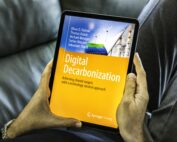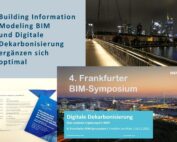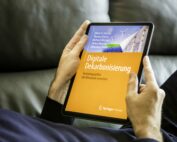Authors
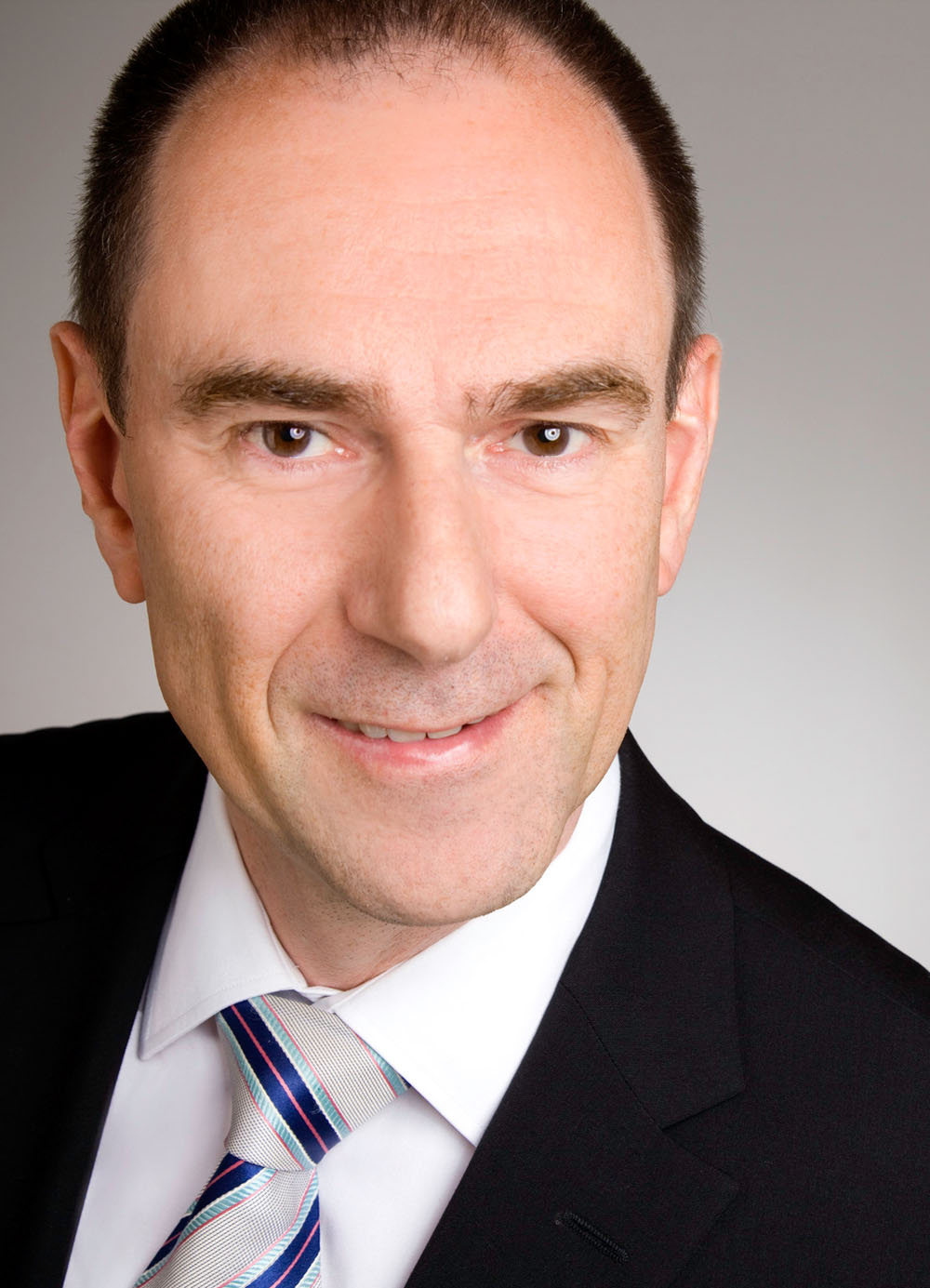
Oliver D. Doleski is a Principal at Siemens Advanta Consulting and a well-known publisher throughout the industry. After studying economics at the university in Munich and holding various management positions in the public sector as well as in consulting and service companies, he worked successfully for many years as an indipendent management consultant active across different industries. Today, he is intensively involved in the topics of digital transformation, Internet of Things (IoT) and smart city, especially in the energy sector and the process industry.
His research focuses on business model development (integrated business model iOcTen) and digital decarbonization of energy systems. With the neologism Utility 4.0, Oliver D. Doleski established a striking term for the transition from the analog to the digital energy industry already in 2016. As a member of the German Smart City Association (BVSC) and other energy industry initiatives, he is actively involved in shaping the transformation of the energy industry and urban living. As an editor and author, he contributes the expertise he has gained in corporate practice and research to numerous industry-wide publications and reference books, all of which have been published by Springer Nature.
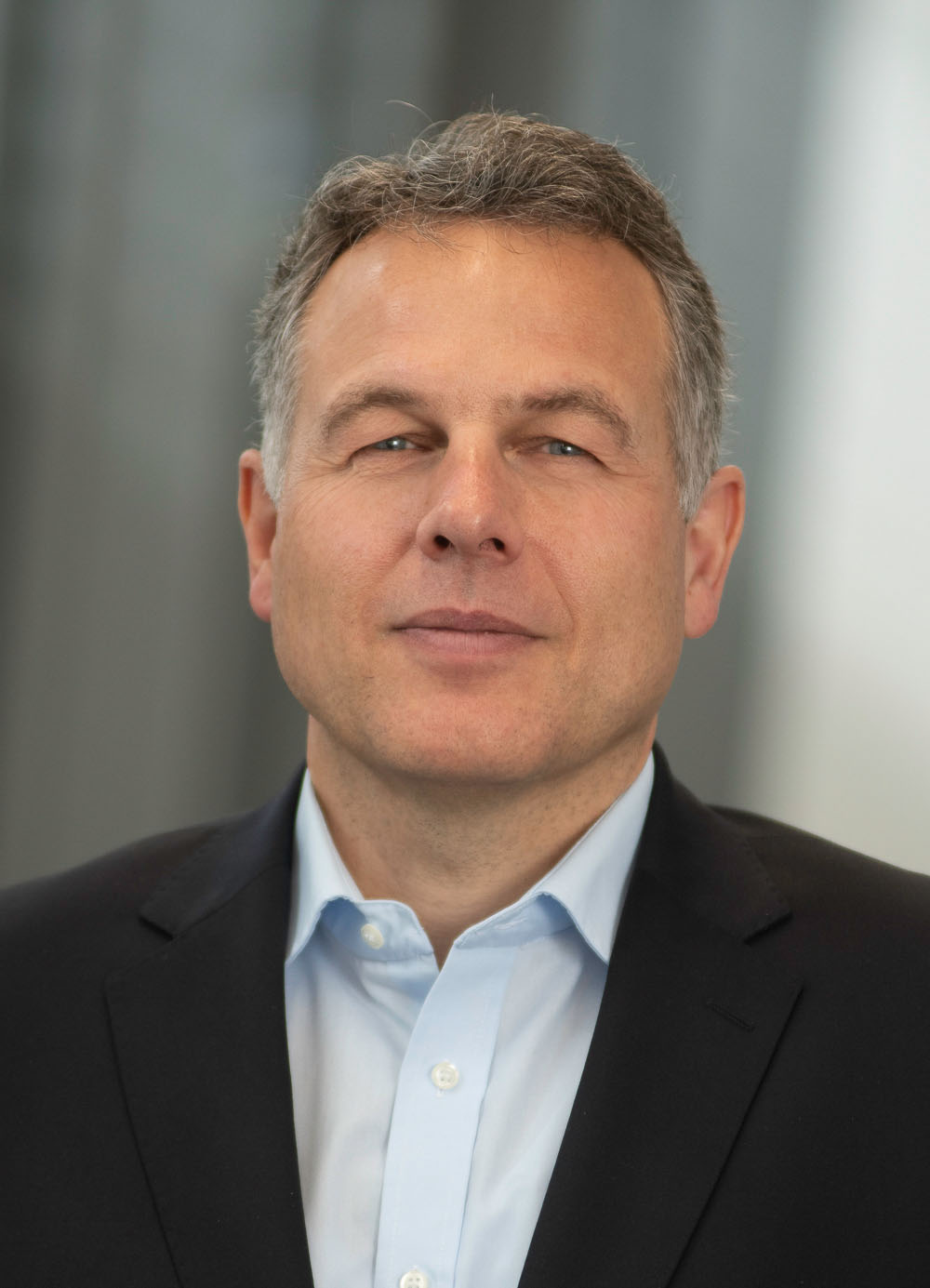
Dr. Thomas Kaiser oversees a range of innovative growth-oriented initiatives as Senior Vice President in a corporate function at Siemens AG. One of his particular focuses is the operational digitalization of energy-intensive industries. Accordingly, he carries P&L responsibility for complex programs to decarbonize the Group’s international customers – typically including the oil & gas, chemical and metals industries, as well as large-scale plant engineering. In this context of business strategy, innovative digitalization and integrative decarbonization, he acts as a thought leader for numerous entrepreneurs and CEOs – accompanied by relevant publications, also at Springer Nature.
After completing his doctorate at the Faculty of Economics at the University of the German Armed Forces in Munich, Thomas Kaiser was a founding member of Siemens Management Consulting about 25 years ago, followed by management functions for Quality and then Sustainability Management – noteworthy here was the first sustainability reporting in accordance with GRI guidelines. In the meantime, he led the EMEA consulting business of an US-based company with a focus on strategy and performance for more than 10 years before returning to Siemens AG.
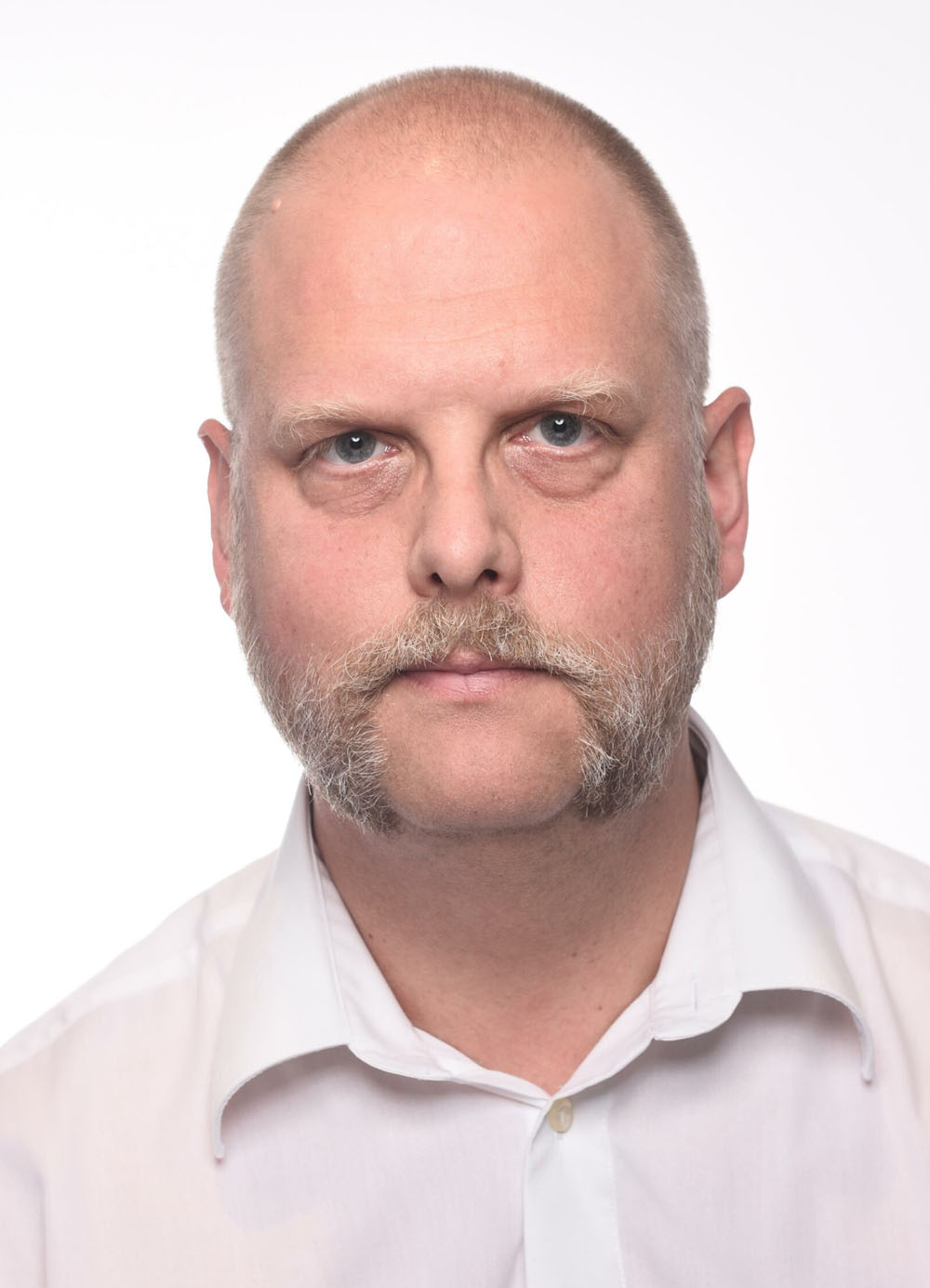
Dr.-Ing. Michael Metzger is a Principal Engineer in the technology field of Energy Systems at Siemens Technology and develops decarbonization strategies for energy systems and predictive operational management of power grids based on digitalization. After studying mathematics with a major in computer science at the Technical University of Munich and earning a doctorate in engineering at Friedrich Alexander University in Erlangen, he has held various positions in a number of business areas at Siemens AG. He started his industrial career as a project manager in the business unit Plants and Technical Services. Via energy management in industrial production he progressed into the integration of renewable energies in our power grids.
His research interests are methodologically in the field of Operations Research and Statistical Learning, the application fields are manifold in Energy Grids and Infrastructure. Michael Metzger pursues the implementation of his IP in pilot projects. He has, for example, been responsible for piloting prototypes for microgrids and local energy markets as a project manager over the past ten years. As a lecturer at the Technical University of Munich, he passes on his experience to students and involves them in his project work.
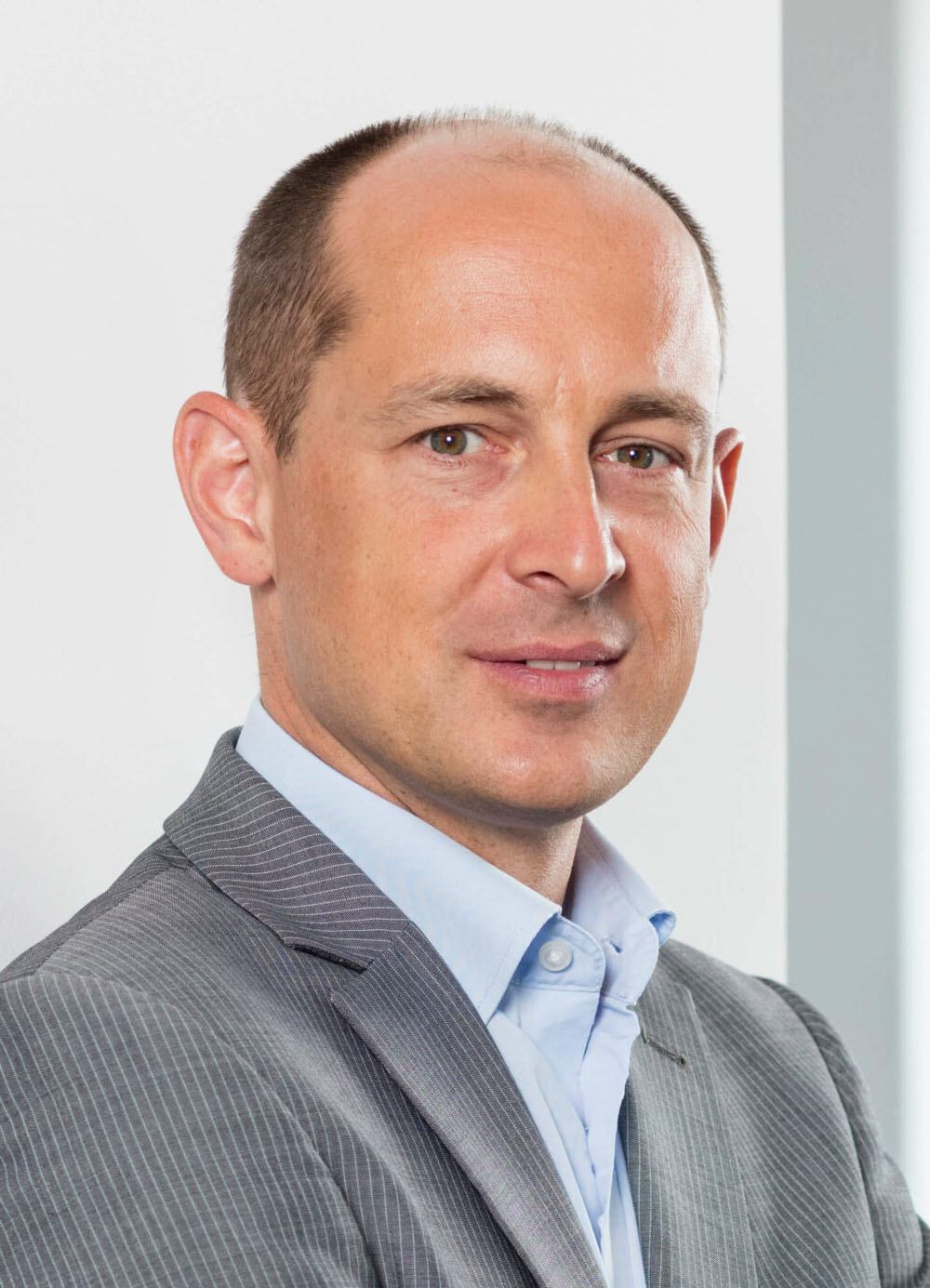
Professor Dr.-Ing. Stefan Niessen MBA heads the technology field Energy Systems in the central corporate research department at Siemens since 2016. With seven research groups at various locations in Germany, Austria, Russia and China, he develops models, simulation and optimization methods for the design and operation of multimodally coupled energy systems of buildings, plants, cities and countries. By addressing the coupling of the supply of electricity, heating, cooling, drive energy, drinking water, and chemical forms of energy, costs can be reduced, environmental efficiency improved, and new flexibility potentials leveraged. Parallel to his work at Siemens, he holds the professorship for Technology and Economics of Multimodal Energy Systems at the TU Darmstadt. After completing his studies and doctorate at the Faculty of Electrical Engineering at RWTH Aachen University, Stefan Niessen was a member of the core team responsible for setting up the European Energy Exchange AG during its first six years. He acquired the necessary business knowledge with an MBA from Duke University. He then worked for ten years for a French plant builder as head of International Marketing and head of R&D.
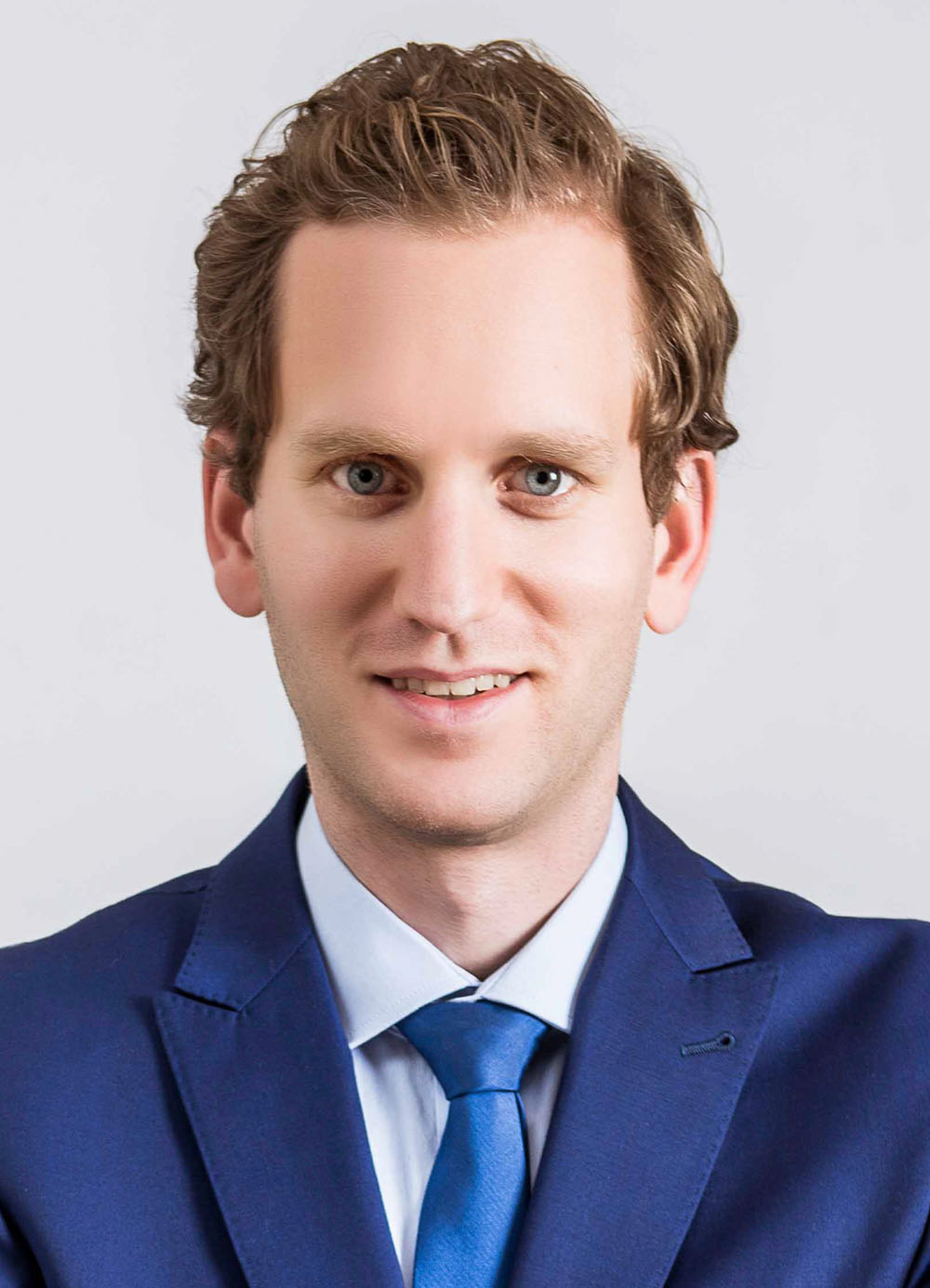
Dr.-Ing. Sebastian Thiem heads the research group “Distributed Energy Systems and Heat Conversion” at Siemens Technology. His team develops concepts and methods for the integration of renewable energies in site energy systems and energy cells. The methods are implemented in tools using optimization algorithms and artificial intelligence to be tested in the field. The focus here is on multimodal energy systems – i.e. the question of how synergies between different sectors can be best exploited. He significantly coined the term “multimodal energy system” during his doctorate at the Technical University of Munich on the optimal energy system design of multimodal site energy systems.
Sebastian Thiem has a background in engineering and studied at the Karlsruhe Institute of Technology with studies abroad at Purdue University and University of California at Berkeley. After completing his doctorate, he worked as a senior key expert at Siemens Technology, on a number of assignments.


